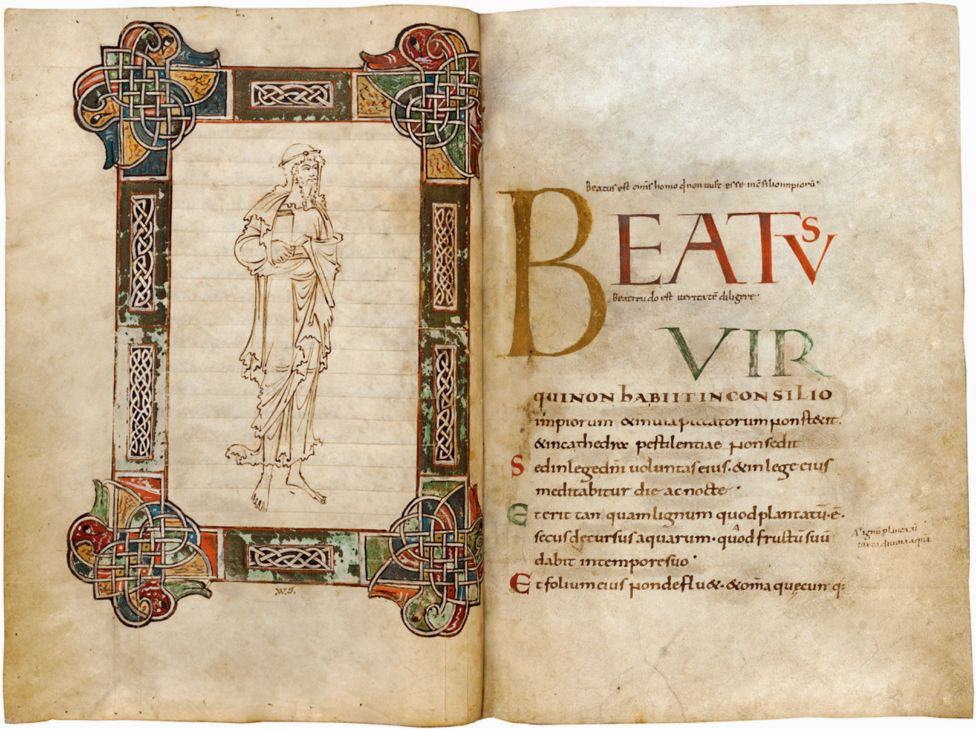Before dawn on 14 October 1164, Thomas Becket found an open gate in the city walls and rode out of Northampton with a servant and two guides, the sound of their horses' hooves masked by high wind and driving rain. The archbishop was making a run for it after a week on trial in Northampton Castle. The initial charge had been a minor one, but King Henry II had added new and increasingly serious accusations, and a verdict of treason was looking likely.
Becket headed north, making it to Lincoln in two days, then put on the rough, dark woollen tunic of a local religious order, adopted the name Brother Christian, and turned south into the wilderness of the fens. His companions were genuine lay brothers, able to lead him through the marshes and waterways to isolated hermitages and priories, where he would be able to plan his next moves. Had he been caught, the leading Becket expert Prof Anne Duggan says, the king could have chosen any punishment he liked - castration, blinding, even death. But Becket wasn't caught. He made it, ultimately, to Kent and was rowed from there to France in the first days of November. (Read more.)
Tuesday, January 11, 2022
St. Thomas Becket's Psalter
Subscribe to:
Post Comments (Atom)


















No comments:
Post a Comment